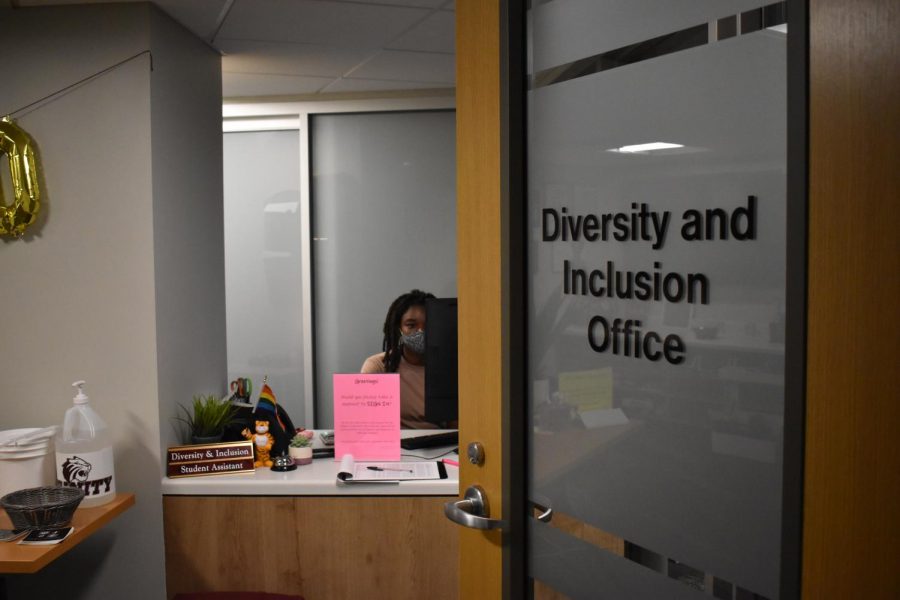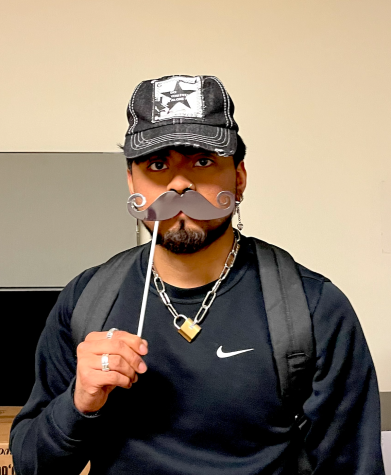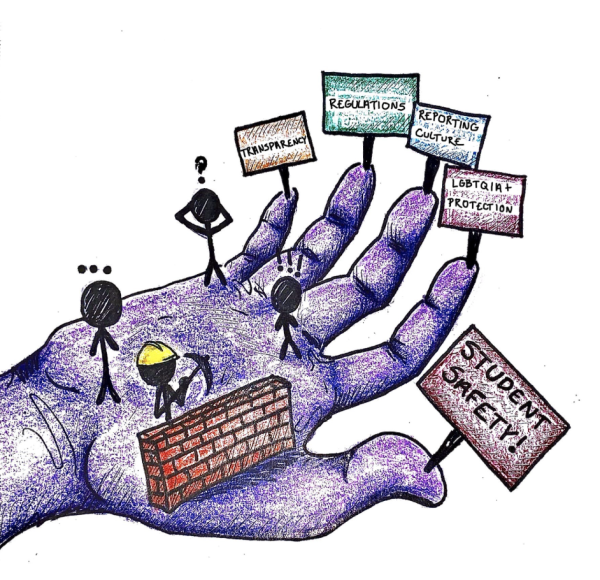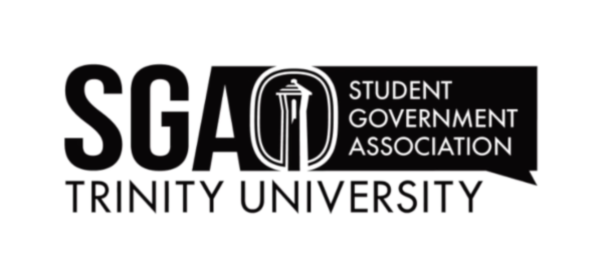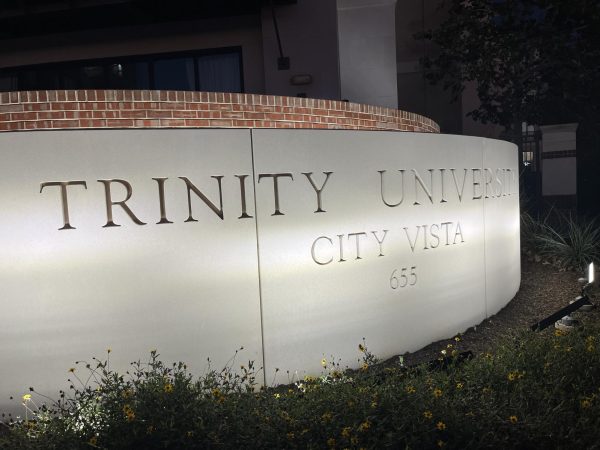University works toward Diversity, Equity and Inclusion goals
Updates on Task Force recommendations, formation of DEI committee in coming months
As the nation continues to reckon with calls to end systemic racism and privilege, Trinity is making progress on its promise to “implement practices in pursuit of an inclusive campus for all students, faculty and staff,” according to the Trinity Intentional Inclusion website. Several events have occurred since last June and will continue to happen in the coming months to assure that Trinity is working to become a more diverse and inclusive environment.
On June 7, 2020, the Black Student Union (BSU), African Student Association (ASA) and the Trinity Diversity Connection (TDC) released a joint statement via social media criticizing the university’s response to George Floyd’s murder and offering action items to improve and diversify the university.
Five days later, on June 12, President Anderson established the Diversity and Inclusion Task Force composed of select staff and faculty members with input from students and alumni. They were tasked with creating a report that “analyz[ed] across campus what needs to be improved … in terms of diversity, equity and inclusion,” in the words of Steven Drake, a brain trust consultant on the Task Force.
On Aug. 21, 2020, the Diversity and Inclusion Task Force Report was submitted to President Anderson. According to the Intentional Inclusion website, the report “provides a detailed roadmap of possible paths for our journey” to “better serve our community through diversity, equity, and inclusion (DEI).”
In October 2020, one of the priority action items of the BSU, ASA and TDC was fulfilled with the hiring of Courtney Balderas, the new director for Student Diversity and Inclusion.
“The Diversity and Inclusion Office (DIO) help[s] students be connected, whether that’s to other student organizations, or to myself, through our programming,” Balderas said. “We provide support services for our traditionally and historically marginalized students, but we’re also a brave space for all students in general who might want to learn or engage with equity, justice and inclusion work.”
Another action item from the BSU, ASA and TDC echoed by the Task Force report is to integrate diversity, equity and inclusion into curriculum and pedagogy. This is a high priority for Megan Mustain, vice president of Academic Affairs, which she labels as “an infinite project.”
“If we were to engage in diversity, equity and inclusion work on campus with the idea that we would be finished at some point, I think we would be doing something really deeply damaging,” Mustain said.
Mustain is particularly interested in anti-racist pedagogy training and implementation across curriculum, extending the vision of her predecessor, Deneese Jones and supporting faculty in their work.
“One of the things that comes out of the Task Force is an identified need for inclusion in our hiring practices,” Mustain said. “We want to make sure that we are certainly not excluding candidates, but also are being genuinely inclusive, and reaching out broadly to encourage folks from marginalized groups to apply for jobs.”
Mustain also emphasized that the faculty on search committees have anti-bias training to conduct fair, inclusive hiring processes. She also discussed ideas that will be implemented in the near future.
“Soon we will inaugurate the Inclusive Excellence Advisory Council (IEAC) … that will have students, faculty and staff as a central committee and advisory council to be thinking about, talking about and, frankly, assessing and keeping an eye on all the work that’s going on across campus,” Mustain said. “The doing of the work [by the IAEC] on the ground … will more immediately result in a stronger sense of student belonging [and] employee belonging on campus.”
Mustain clarified the purpose of initiating the IEAC before hiring a new DEI cabinet-level position, which was requested by the BSU, ASA and TDC as well as recommended by the Task Force report.
“We want to build some infrastructure for that diversity officer to come into and inherit, like a group of people who are the champions, and well-connected and understand the broad swath of work being done and that has been done at Trinity,” Mustain said.
One of the council’s first priorities will be to lay the foundation for this new position. They will have a hand in creating the job advertisement and shaping this position’s roles and responsibilities.
Across the board, when speaking about the potential challenges that the university’s work in DEI faces, Drake, Balderas and Mustain all mentioned that it was necessary to communicate these plans effectively to the community.
“Having an awareness and a knowledge of what came out of the DEI Task Force report and what the DIO does day in and day out is directly connected to students and their day-to-day life and experience at Trinity,” Drake said. “I think that will make everything better within the future, just knowing that there’s a place and that there are resources for that, and there are things being worked on for [students].”
Both Balderas and Mustain acknowledged that it is necessary to clarify the actions being taken by the university in regards to DEI for the community.
Though many challenges lie ahead, Trinity University is laying the groundwork, recommended by the Task Force report and demanded by students, to ensure its community is diverse, equitable and inclusive in all aspects.
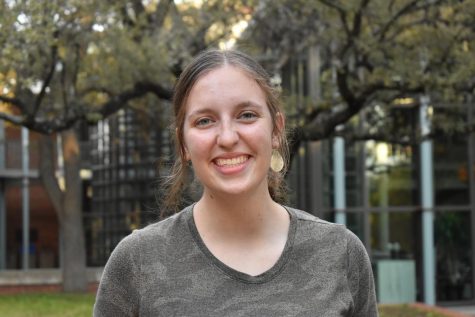
Hello, y'all! I'm Abby Power, and I am a sophomore news reporter from Kyle, Texas. I intend to major in Political Science, Spanish, and Global Latinx Studies....
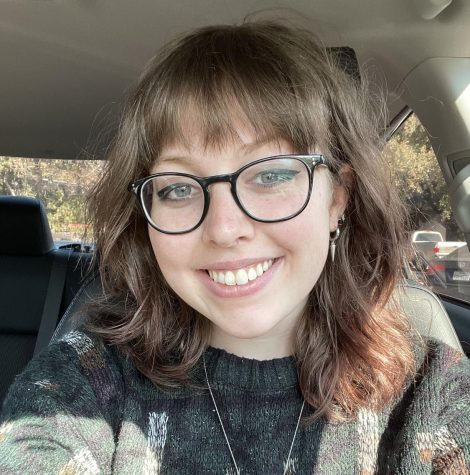
My name is Claire Sammons and I am an Anthropology and Communications double major. I have worked for the Trinitonian since fall of 2020. I became a photographer...

